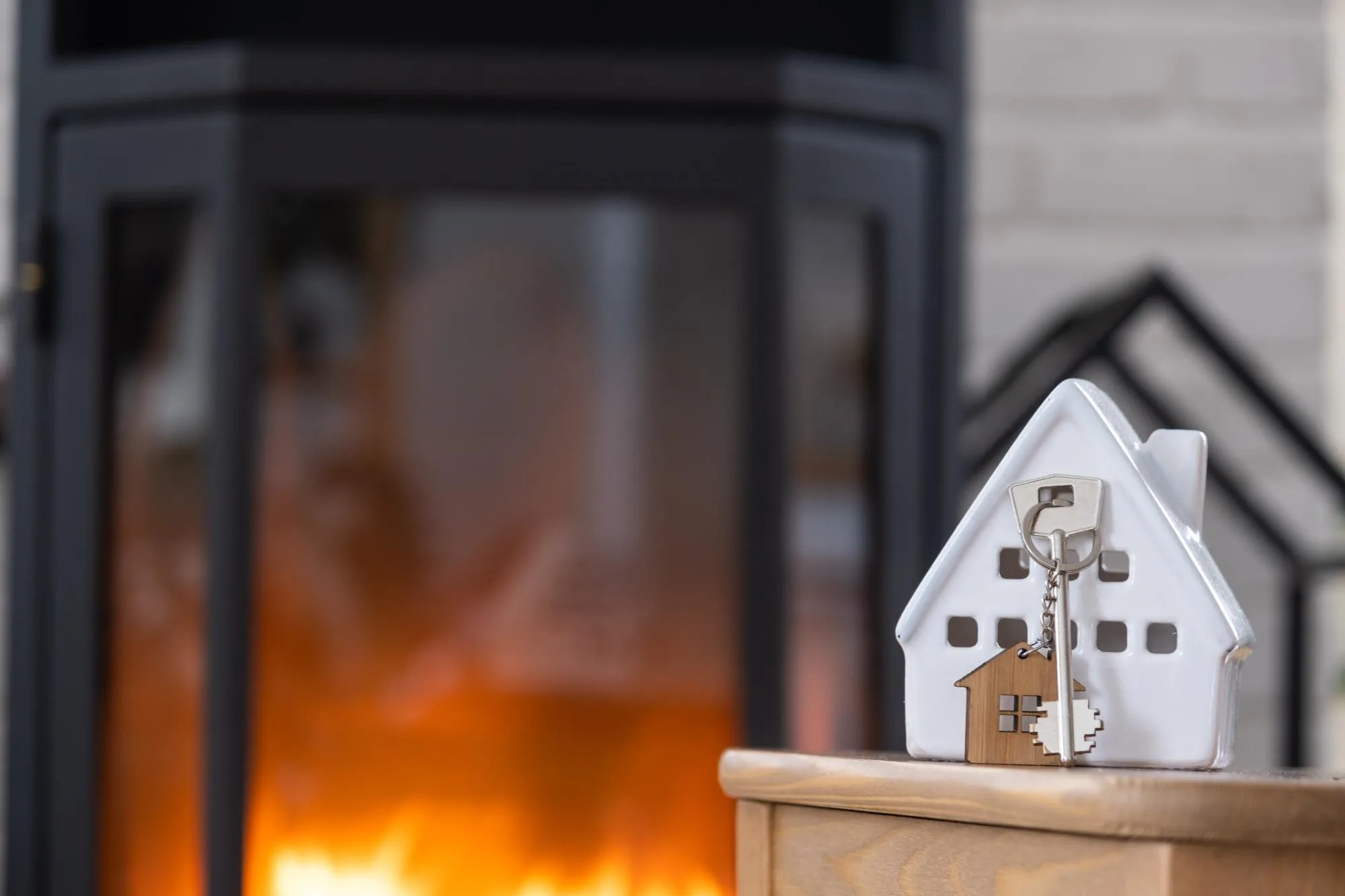7 Reasons Why You Should Be Checking Your Home’s Heating
As temperatures start to drop, it’s easy to forget about your home’s heating system until it’s too late. People often assume that if it worked last winter, it’ll work just fine this year. But small issues can build up over time, turning into expensive repairs or even safety hazards. If you want peace of mind and comfort when cold weather hits, regular checks can make all the difference. Whether you do it yourself or call for professional help like a heating service in Englewood that residents rely on, keeping your system in shape saves more than just money.
Below are seven good reasons why staying on top of your home’s heating is worth your time.
1. Prevent Expensive Repairs
Heating systems don’t usually fail overnight. What often happens is a small issue, like a dirty filter or loose wire, turns into something much bigger when ignored. A clogged air filter makes the furnace work harder, which strains the motor and can shorten its lifespan. Replacing a filter costs a few dollars, while replacing a motor could cost hundreds. Regular checks let you spot these problems early and avoid costly breakdowns later in the season.
A simple routine, like inspecting your vents for dust or listening for odd noises when your system starts, can catch small problems before they snowball. It’s the kind of habit that can save you from a frigid surprise in the middle of winter.
2. Lower Your Energy Bills
When your heating system runs efficiently, it uses less energy to keep your home warm. Dust, debris, or worn-out components can force it to work harder than necessary. That extra strain doesn’t just affect comfort, it drives up your monthly bills. A poorly maintained furnace or heat pump might waste 10–20% more energy than a properly serviced one.
A quick check of your thermostat calibration, air filters, and duct seals can go a long way toward cutting waste. You don’t have to be a technician to notice when your system cycles on too often or takes too long to heat your home. A small amount of maintenance now translates to steady savings all season long.
3. Improve Indoor Air Quality
Your heating system does more than warm your home, it circulates air through every room. If your ducts, vents, or filters are full of dust or pet dander, all that debris gets blown around whenever the heat kicks on. That can trigger allergies, worsen asthma, and make your home feel stuffy.
Checking and cleaning your air filters regularly is one of the easiest ways to keep your air clean. In homes with pets or smokers, replacing filters more often than the manufacturer suggests can make a noticeable difference. You can also have your ducts inspected for leaks or buildup, which helps air circulate more evenly and cleanly throughout the house.
4. Extend the Life of Your Equipment
Just like a car needs regular oil changes to stay reliable, your furnace or boiler needs consistent care to last. Most systems can run well beyond their average lifespan if they’re maintained properly. Regular inspections ensure that components like belts, blowers, and heat exchangers stay in good shape.
Even something as simple as tightening connections and lubricating moving parts helps reduce wear and tear. Over time, that adds up to years of extra life from your system. Considering how expensive a full replacement can be, extending its lifespan is one of the smartest investments you can make in your home.
5. Ensure Safety for Your Family
Heating systems that burn fuel, such as gas or oil, produce carbon monoxide as a byproduct. When everything is working properly, that gas is safely vented outside. But if your system is damaged, poorly vented, or has a cracked heat exchanger, it can leak carbon monoxide into your home. This odorless, colorless gas is extremely dangerous and can be fatal in high concentrations.
Checking your heating system once or twice a year, along with installing a working carbon monoxide detector, is crucial for safety. During maintenance, a professional can test for leaks, inspect your flue, and ensure all safety mechanisms are working as they should. Even if your system is electric, loose wiring or overheating components can also pose fire risks if left unchecked.
6. Maintain Consistent Comfort
A well-functioning heating system should keep your home evenly warm without sudden temperature swings or cold spots. When filters are clogged, ducts leak, or thermostats misread temperatures, your comfort suffers. You might find one room roasting hot while another stays chilly.
By regularly checking and adjusting your heating setup, you can fix small imbalances before they become annoying problems. Make sure vents aren’t blocked by furniture, seals around windows are tight, and thermostats are placed away from direct sunlight or drafts. These small checks help your system maintain a steady, comfortable warmth through the coldest months.
7. Protect Your Home’s Value
A neglected heating system isn’t just an inconvenience, it can also hurt your home’s resale value. Buyers are quick to ask about recent maintenance records, and a poorly maintained furnace can raise red flags. On the other hand, having documentation that your system has been inspected and serviced regularly shows care and responsibility.
Even if you’re not planning to sell anytime soon, maintaining your system prevents long-term damage to your property. Poor heating performance can lead to issues like frozen pipes or excessive humidity, both of which can cause costly damage to walls and floors. Keeping your heating in top shape protects not only comfort but also your home’s overall integrity.
Tips for Simple Heating Maintenance
While major repairs should be handled by professionals, there are several things homeowners can do to keep systems running smoothly:
- Change filters regularly. Once a month during heavy use, or every two to three months otherwise.
- Inspect vents and registers. Make sure nothing blocks airflow.
- Clean around your unit. Dust, debris, and clutter can reduce efficiency and create hazards.
- Test your thermostat. Confirm it’s reading temperatures accurately and adjusting properly.
- Listen for odd noises. Rattling or banging often means something’s loose or wearing out.
- Check for drafts. Heat loss from gaps around doors and windows makes your system work harder.
These simple steps don’t take long and can prevent most small issues from turning into big ones.
When to Call a Professional
Even with good habits, there comes a point when a professional eye is necessary. If your system struggles to reach the set temperature, runs constantly, or produces strange smells, it’s time to call a technician. Annual tune-ups before winter can also catch unseen problems, such as minor gas leaks or worn electrical parts.
Certified heating professionals have tools to test efficiency, airflow, and combustion safety that most homeowners don’t. Scheduling a yearly inspection, especially for older systems, gives you peace of mind and ensures that your heating will perform reliably when you need it most.
The Bottom Line
Your heating system might not be something you think about every day, but it quietly affects your comfort, safety, and energy costs all winter long. By keeping up with inspections and small maintenance tasks, you’ll save money, extend your equipment’s lifespan, and breathe cleaner air.
Checking your home’s heating regularly isn’t just good practice, it’s one of the best ways to protect your home and family. A little attention now keeps the warmth steady, the bills low, and your peace of mind high when the cold truly sets in.


